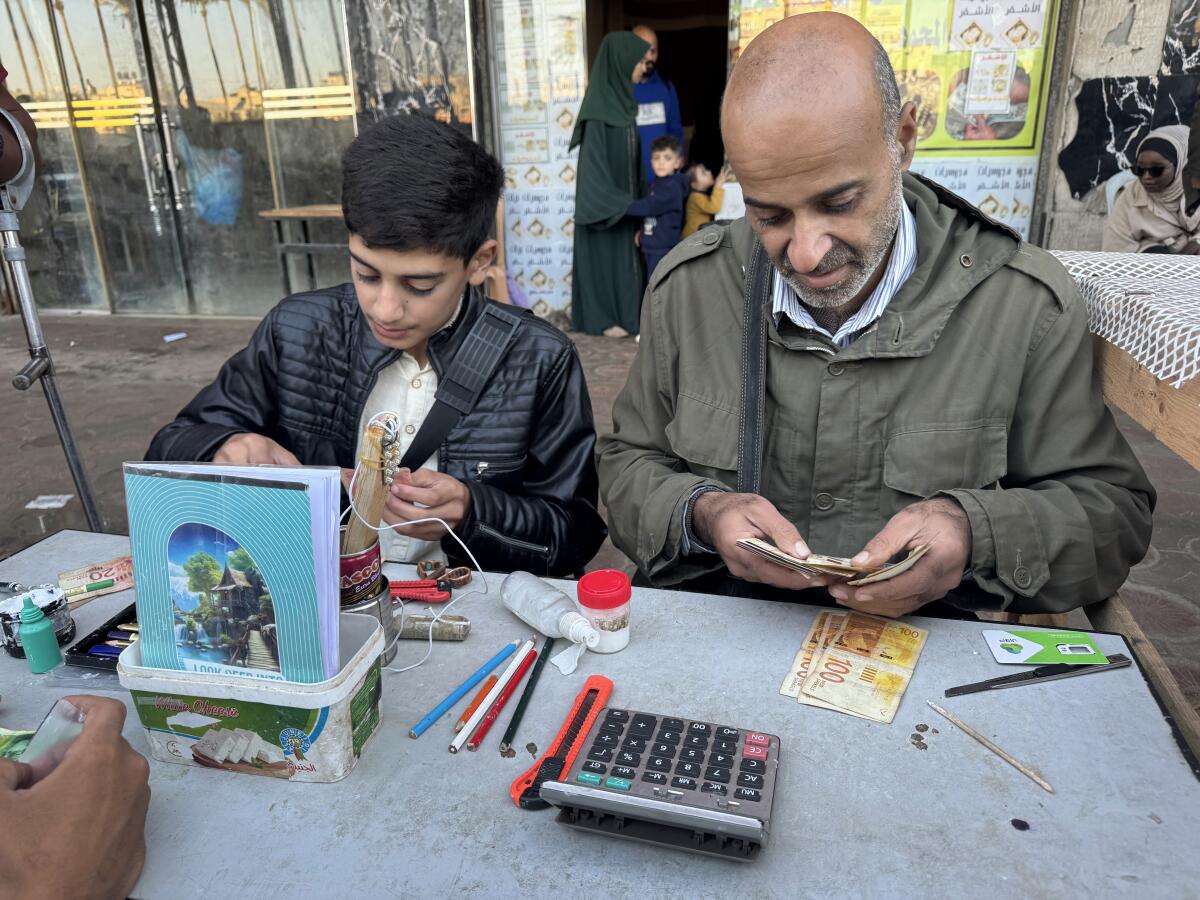ELNE, France (Reuters) -Exiled Catalan separatist Carles Puigdemont will seek to lead the northeastern region in elections in May, he said on Thursday, and would return to Spain should he regain the region’s leadership even if an arrest warrant issued for him remains in force.
“Let it be clear that my objective is to complete the process of independence we began in October 2017,” Puigdemont said in a speech in the French town of Elne, about 30 kilometres (19 miles) from the Spanish border.
“If there’s a (parliamentary) majority that proposes me to be sworn in as leader, I will finish my exile that day to attend the parliamentary session.”
He said he intended to return even if a judge had not yet cleared his arrest warrant under an amnesty law for separatists currently moving through parliament.
Puigdemont, who is the founder of hardline separatist party Junts, has been facing prosecution over his role as president of Catalonia during a 2017 vote to break away from Spain, and a subsequent declaration of independence that courts declared illegal.
The independence bid prompted Madrid to impose direct rule in Spain’s biggest political crisis in decades.
The 61-year-old former journalist fled Spain to avoid charges of disobedience and embezzlement and lives in Belgium where he serves as a member of the European Parliament.
The charges against him could be dropped under an amnesty announced by Prime Minister Pedro Sanchez’s Socialists in return for the votes of separatists to prop up their minority national government.
Timing will be critical. While Puigdemont can campaign from Belgium, he must return to Spain to be sworn in as early as June should his bid succeed. The amnesty bill is expected to come into force by May or June.
A victory for Puigdemont would be a blow for the Sanchez government, which is already under fire for approving the amnesty, and the independence drive would be reinvigorated.
Puigdemont said he would ask Spain for a referendum on independence and did not rule out acting unilaterally again if the negotiations were unsuccessful.
“We would have to do it better (than in 2017) now that we know much better the ways, strengths, and weaknesses,” he said.
At present, the Socialists are leading the polls to take over regional leadership of Catalonia from the separatists, while Junts is in second or third place. Prime Minister Sanchez said on Thursday he did not believe Puigdemont running would dent his party’s chances of introducing “a new scenario” in Catalonia.
A Junts official told Reuters that the party believes it could overtake the Socialists in the polls with Puigdemont as its candidate.
Spain’s Conservative opposition leader Albert Nunez Feijoo said the scenario shaping up for the Catalan election indicated a poll that had “no precedent in any European democracy”.
“A person will present themselves as a candidate…who faces very serious judicial charges and will not campaign in Spain but via video link from outside and that party and that candidate is the central government’s ally,” he said.
CATALONIA HAS CHANGED
Puigdemont made his announcement in an hour-long speech at Elne’s city hall before 1,400 attendees, organisers said.
The choice of Elne was highly symbolic as the area has close cultural and historic ties with Catalonia, and in the run-up to the 2017 referendum ballot boxes and ballots were reportedly hidden in the town to avoid detection by Spanish police.
“Puigdemont has a lot of vitality.. he can push Catalonia to move forward with more freedom,” said Guillem Villar, 83, who travelled from Girona, where Puigdemont served as mayor, to follow his announcement.
Puigdemont said he would not run again in the European Parliament’s June election, and that the Catalan election was his “main goal”.
He acknowledged that separatist voters felt disenchantment after their leaders failed to achieve independence in 2017, but added: “Catalonia today is different than it was in 2017.”
In the upcoming election, he said, there is a “decisive choice” between those who want to turn Catalonia into just another Spanish region or make a push for independence.
The Catalans who would vote for him are those “who want to finish the task that we started so that Catalonia is recognized among the world’s nations,” he said.
(Reporting by Joan Faus in Elne, FranceWriting by Aislinn Laing and Charlie DevereuxEditing by Barbara Lewis, Matthew Lewis and Deepa Babington)

